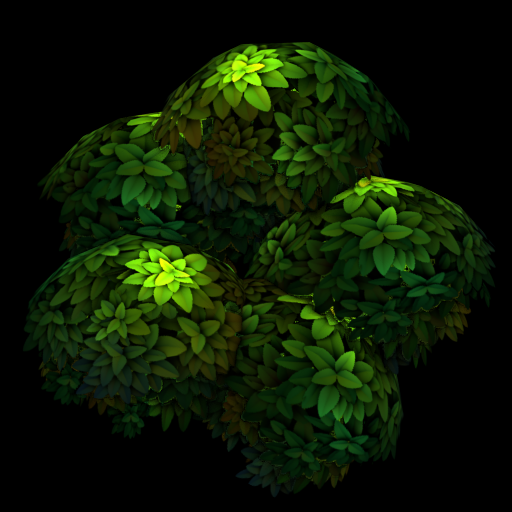On 8/22/2018 at 8:42 PM, Tom Sloper said:I changed the topic title from "design" to "development."
Thanks, development is indeed the word I should have used.
3 hours ago, Anri said:"Just copy'n'paste code from online tutorials because if it doesn't work then you haven't lost anything. People who spend years learning computing at university and read books are idiots who are wasting their time..."
This is interesting in the art world we call these "How to draw X" artist and "Tutorial sickness", because these people just copy the things thought step by step, without ever learning the context or principle. Never realized coding had its own version of the same problem.
3 hours ago, Anri said:"Just because they don't see the code behind a game - even if it works - doesn't mean you should write awful code. Have pride in your work and keep it tidy".
This is a beautiful quote, I like it. As with many things if you put pride into your work, you just do better. Or maybe it is because you put your pride on the line.
Working late hours so I actually have been thinking alot about the advice I have received.
Bad:
"Just get your game to a tutorial stage, then you can rely on crowdfunding." The bad advice part here is that you can't rely on the money from crowdfunding. What people don't realize is that only a handful of indie games actually make good funding like that.
Most indie games on crowdfunding sites make around $100 - $ 250 a month, the developer doesn't get the full amount and a lot of work goes into collecting even that small amount. My last crowdfunded game just made enough to pay for steam, everything else I had to pay out of my own pocket.
Good:
"you've converted a $0.006/month customer to a $0.70/life customer (that's 10 years at their ad revenue rate!)" This was advice on advert revenue. It worked great. Since it was good advice I thought I would link for readers.
The way I did it in the end was that players who purchased ANY thing from my store also had adverts removed. This boosted traffic to the store by more than 40% and sales by more than 8%. All I did was to have adverts removed from the game with a purchase and it increased my revenue by a lot; most purchases was more than $1. Didn't even take me an hour to make the code.
I realize that I have followed a lot of bad advice and not all just financial; there is a lot I tested and can share; if people are interested.










